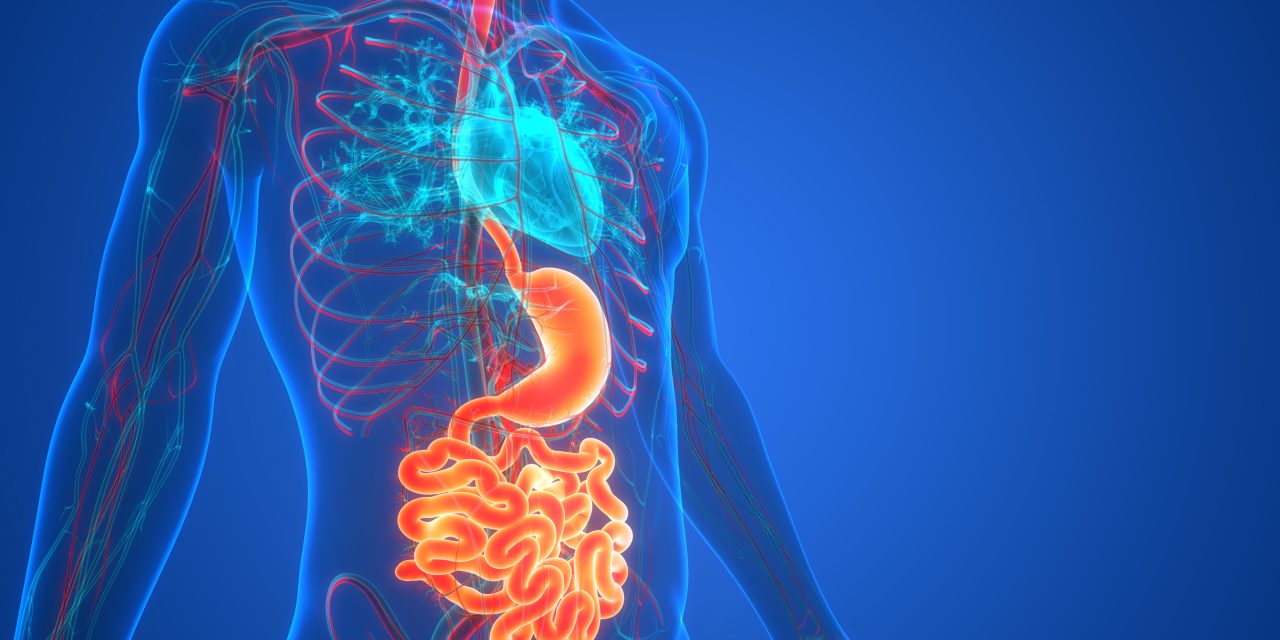The study’s goal was to look into the role of combined multichannel intraluminal impedance and pH (MII-pH) testing in the clinical management of children with gastroesophageal reflux disease (GERD), specifically the impact of treatment changes based on MII-pH testing results on symptoms and quality of life outcomes. Patients were categorized based on their AST status, and changes in medicinal and surgical treatment were assessed. Validated questionnaires were provided at baseline during MII-pH testing and 4 weeks after therapy modifications were implemented, and questionnaire scores were compared. There were 24 individuals who were not on AST and 21 patients who were on AST among the 45 patients recruited. In 30 individuals, MII-pH testing resulted in prescription modifications. This includes 15 of 24 among those who were not on AST and 15 of 21 in those who were on AST. More than 98 percent of patients who underwent therapy modifications improved significantly in terms of both symptoms and quality of life.
This is one of the first pediatric studies to assess the clinical validity of MII-pH testing in a pediatric population with suspected GERD, as well as its potential to guide therapeutic treatment. Research has found that treatment options informed by and based on MII-pH testing findings resulted in a substantial improvement in symptoms and quality of life in babies and children with GERD.


